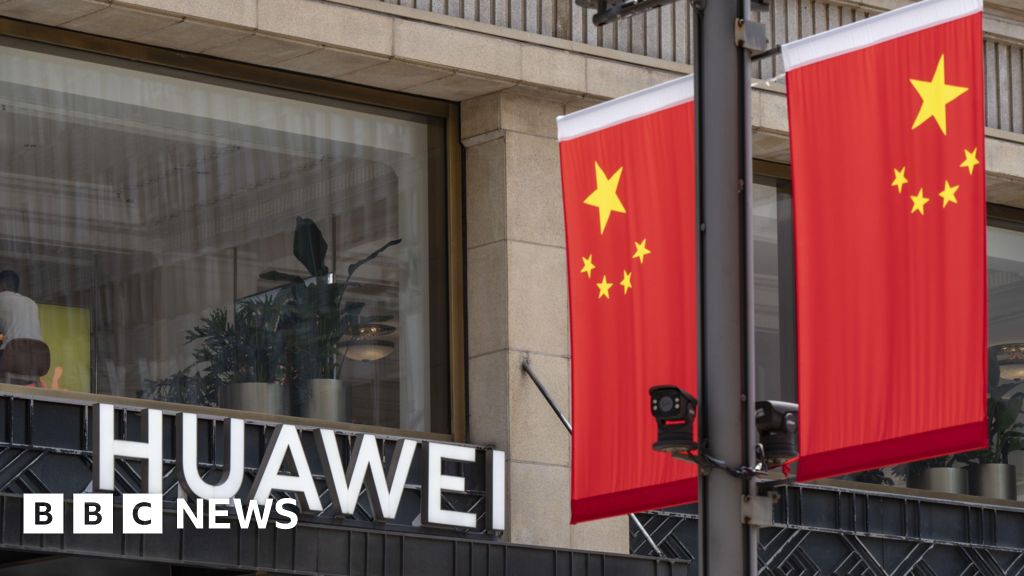In Paris, France, on November 9, 2020, office buildings are seen in the financial and economic neighborhood of La Defense, during an outbreak of the coronavirus disease (COVID-19). BENOIT TESSIER/REUTERS (Reuters) – VENICE, July 10 (Reuters) – France proposed on Saturday at a G20 finance ministers conference focused on revamping the rules for cross-border company taxation that countries should be able to tax a quarter of giant multinationals’ profits regardless of where they are earned. After G20 finance leaders publicly accepted the concept of measures to create new regulations for where corporations are taxed and set a global minimum corporate tax rate of 15%, key details are still being ironed out. Because of the rise of digital commerce, huge IT companies can now book profits in low-tax jurisdictions regardless of where their money is earned. The guidelines, which are expected to be finalized at a conference in Rome in October, would allow nations where revenues are earned to tax 20-30% of a large multinational’s excess profit, defined as profit exceeding 10% of revenue. At the conference, EU Economics Commissioner Paolo Gentiloni stated that developing countries, such as Brazil, have been asking for a bigger contribution. “I believe the ideal approach would be a level of profit allocation of 25% to address the legitimate concerns of some poor nations,” French Finance Minister Bruno Le Maire told reporters. Multinationals with a global turnover of more than 20 billion euros ($23.8 billion) will be subject to the new laws, though the turnover level might be reduced to 10 billion euros after seven years following a review. Specific countries, according to Gentiloni, are pushing for the $10 billion level, while others want to exempt some industrial sectors from the new restrictions, in addition to the financial and mining sectors, which are already exempt. (1 dollar = 0.8422 euros) Leigh Thomas contributed reporting, with Francesco Guarascio contributing additional reporting; Christina Fincher edited the piece. The Thomson Reuters Trust Principles are our standards./n
Read MoreFrance pushes for 25% target for taxing multinationals’ super-profits
2021-07-10T18:23:27-04:00July 10th, 2021|
/cloudfront-us-east-2.images.arcpublishing.com/reuters/233T7V5YONJSRJERBKCUS26CH4.jpg)




